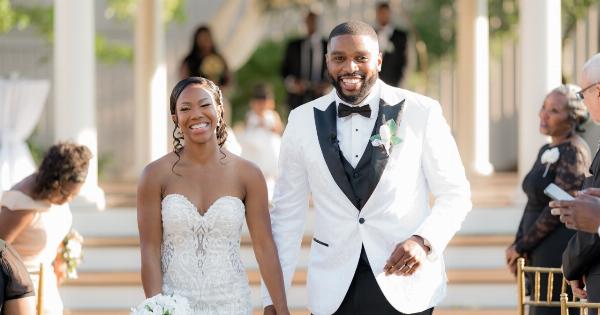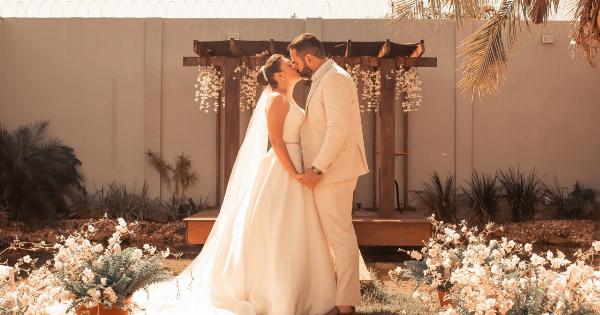The concept of marriage and sex has evolved throughout history. The intended purpose of marriage and sex has shifted with the cultural, religious, and economic changes.
The millennial perspective on sex and marriage is entirely different from previous generations. Millennials have experienced a paradigm shift in values, technology, and priorities, which has influenced their perception of sex and marriage.
Falling marriage rate among millennials
Millennials are getting married less than previous generations. The Pew Research center found that 59% of millennials remained unmarried in 2019, and 50% indicated that they never wanted to marry.
Millennials view marriage as an option rather than a necessity. Marriage is no longer seen as a rite of passage or a marker of success.
Delay in marriage
When millennials decide to marry, they do so at a later stage than previous generations. The average age of marriage has increased from the previous decade, with women marrying at 27 years and men at 29 years.
Millennials delay marriage due to many factors, including education, building a career, and financial stability.
Sexual liberation
Millennials are the most sexually liberated generation in history. Sexual freedom is readily available, with access to dating apps, pornography, and sex toys. Sex is no longer seen as a taboo or reserved for marriage.
Millennials’ attitudes have changed towards sexual orientation, gender identity, and sexual preferences.
Sex without commitment
Millennials are choosing to have sex without a commitment to a relationship. Casual sex can provide physical pleasure and emotional intimacy without the complications of a committed relationship.
Moreover, casual sex permits millennials to focus on developing their careers and personal growth without any distractions from relationships.
Non-monogamous relationships
As millennials explore sexual liberation, some choose to engage in ethical non-monogamous relationships. It is a choice to have multiple partners with the consent of all involved parties.
Ethical non-monogamy is popular among millennials who value honesty, trust, and open communication in relationships.
Marriage as a choice
With the rise in options for sex and relationship models, millennials have entirely redefined marriage. For millennials, marriage is not an obligation; rather, it is an option.
Marriage is typically entered into on a voluntary basis, and not being married is not seen as a failure.
Marriage as a partnership
When millennials do marry, it is more of a partnership than a traditional marital relationship. The husband’s role is no longer the sole provider, while the wife takes care of the household chores.
Both partners in a millennial marriage share responsibilities, including household chores and caring for children. Overly rigid gender roles are seen as outdated.
Long-term commitment
Although millennials may choose not to marry or engage in non-monogamous relationships, they still value long-term commitments. They form deep, meaningful connections with their partners, which exclude the necessity for a legal contract.
Intimacy over sex
Millennials value emotional intimacy over sex. They regard sex as a means to achieve emotional intimacy, rather than an end in itself. Millennials place a high value on honesty, communication, and respect in their sexual relationships.
Closing thoughts
The millennial perspective towards sex and marriage is a new frontier with increased sexual liberation and relationship diversity. As they continue to shape modern lifestyles, there will be further changes in the dynamic of relationships and marriage.
It is vital to recognize and understand the shifts in cultural attitudes towards sex and marriage to attain a comprehensive understanding of millennial values and lifestyles.




























